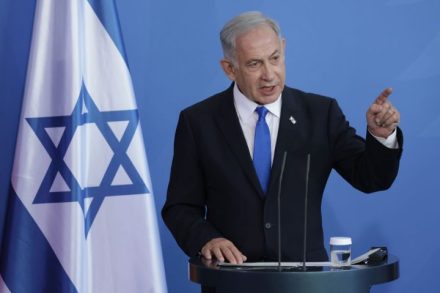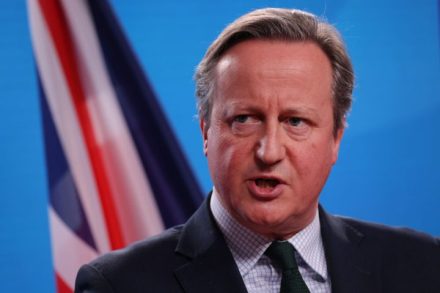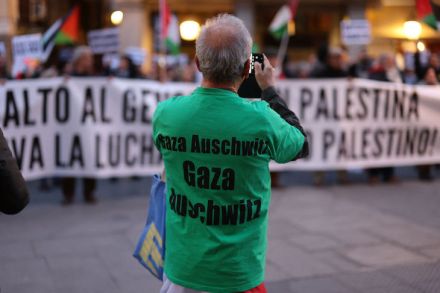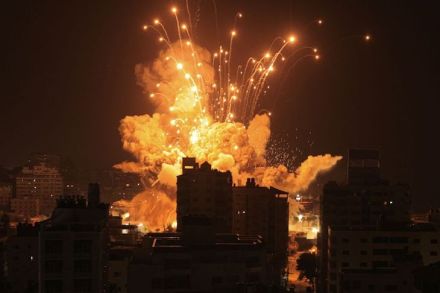Thwarting Iran’s attack was not a ‘win’ for Israel
‘You got a win. Take the win.’ This is reportedly what US President Joe Biden told Israeli Prime Minister Benjamin Netanyahu in a phone call following the thwarting of Iran’s Saturday night aerial barrage by Israel and a US-led coalition including Jordan and the United Kingdom. Tehran launched 170 drones, 120 ballistic missiles and 30 cruise missiles. While 99 per cent were intercepted, five missiles struck Nevatim Airbase in the Negev and a fragment from a projectile injured Amina Hassouna, a seven-year-old Bedouin girl, in Al Fura. As analysts from the Institute for the Study of War point out, this ‘strike package’ is identical to those routinely deployed against Ukraine




















